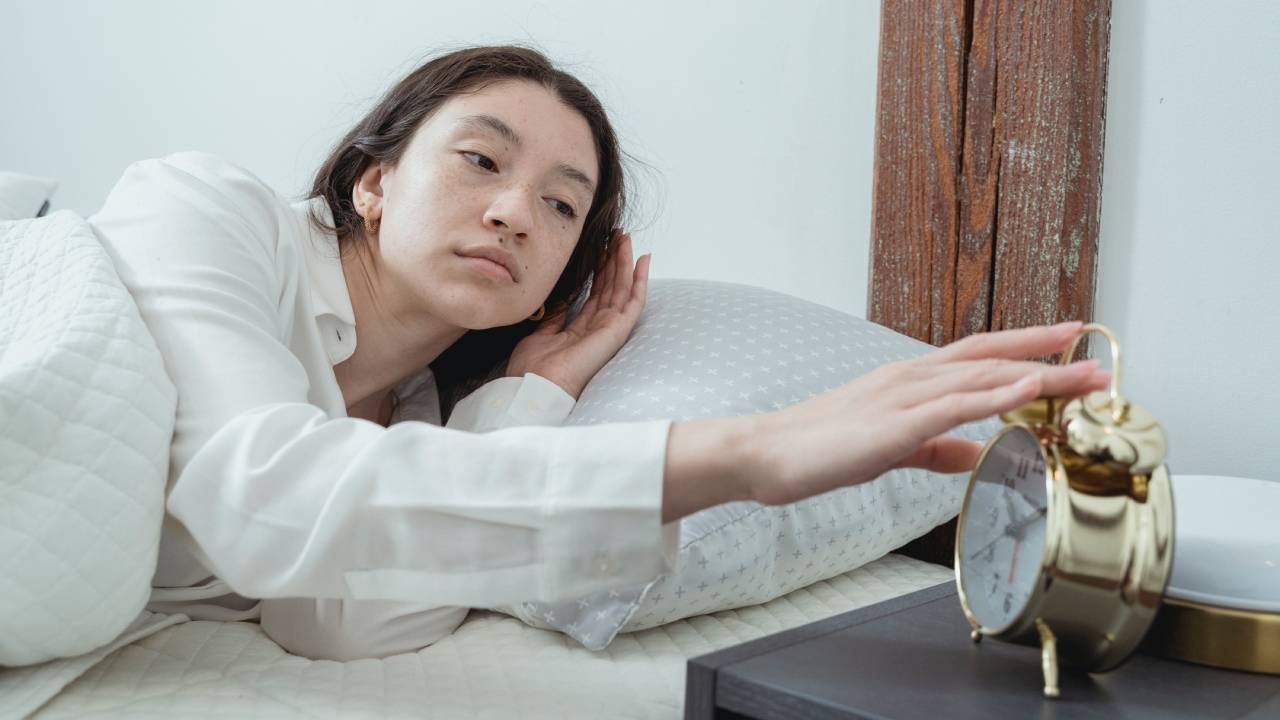

As we enter autumn and winter, it’s the time of year that the clocks go back. This means the days will get shorter and the evenings will get dark earlier.
Twice a year, the clocks change to reflect the changing of the seasons. While the clocks go forward at the start of summer, they go back at the start of winter, taking our clocks from British Summer Time (BST) to Greenwich Mean Time (GMT).
But when do the clocks go back in the UK? Do we have to do anything for it? And most importantly, how do we still get a good night’s sleep after the clocks change? Keep reading for all the details…
When do the clocks go back this year?
In the UK, the clocks will be going back on Sunday 27th October 2024 this year, according to GOV.UK. The clocks go back by 1 hour at 2am, so depending on your sleep cycle, you should be asleep during this time.
The clocks will be in GMT for months until they go forward again on Sunday 30th March 2025. Currently, the sun is setting between 6 and 7pm but after the clocks change, the sun will start to set between 4 and 5pm.
So, which clocks will you have to personally change? Lucky for you, smartphones and laptops will automatically update themselves but if you use an analogue clock, you’ll need to change it manually. Car and oven clocks will also need to be updated by you, too.
- Having trouble sleeping? Upgrade your sleep set-up with the best mattress
- Get your day off to the right start with the best alarm clocks
Do we lose or gain an hour of sleep?
When the clocks go back, we gain an extra hour. Many people will love this as it means you can get an extra hour in bed or a longer lie-in, which is great for those not getting enough sleep at night.
Sign up to the T3 newsletter for smarter living straight to your inbox
Get all the latest news, reviews, deals and buying guides on gorgeous tech, home and active products from the T3 experts
While many of us are already looking forward to the clocks going back, an hour extra of sleep a night can affect your sleep schedule. The shorter days and darker mornings and evenings can also contribute to leaving you feeling tired, sluggish and many will experience signs and symptoms of seasonal affective disorder aka SAD.
It’s recommended that adults get 7-9 hours of sleep a night. However, there are extenuating circumstances to this, for example, if you’re aged 38+, you should be getting 7 hours of sleep, and studies have shown that 4.5 - 6.5 hours of sleep is best for brain function. So, to help you prepare for this extra hour on the 29th October, here’s how to ensure you get the best night’s sleep without disrupting your sleep cycle.
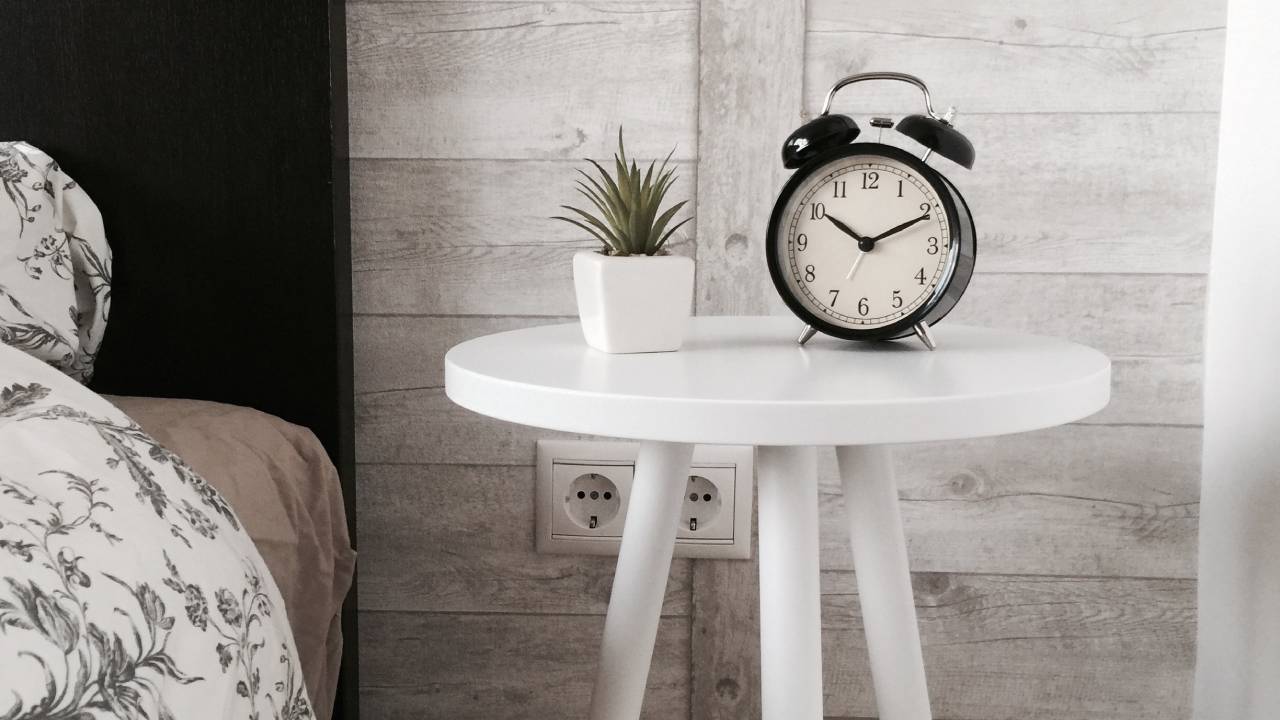
How to get the best sleep when the clocks go back
Firstly, adjust your bedtime in the lead-up to the clocks changing. While a lie-in on a Sunday sounds dreamy, the extra hour in bed can make you feel groggy and lead to you staying up later in the night and feeling tired when you have to get up the next day. Start by going to bed about 15-20 minutes earlier during the week that the clocks change, so it doesn’t feel too unusual when the clocks go back.
Next, stick to 8 hours of sleep or however much you need to feel your best when you wake up. Even an hour more or less makes a difference to your circadian rhythm and hormone production. Try to stick to the standard time you wake up in the morning, carry on your routine as normal and avoid napping in the afternoon to ensure success. It’s also a good idea to consume caffeine the same time you normally would as you could become more reliant on tea or coffee at an earlier time, which will disrupt your body’s cortisol levels. See what time you should stop drinking coffee for more details.
Finally, adapt your sleeping space to reflect the day. When the clocks go back, the mornings will become brighter earlier and the evenings will get darker quicker. To combat this, make your room dark to avoid unnecessary morning light. However, as the sun begins to rise, use a wake up light to get used to the brighter mornings. The best wake up lights gradually brighten your room so you wake up more naturally, perfect for the lighter starts to the day. For more sleep advice, check out how to avoid daylight savings jet lag.

Beth is Home Editor for T3, looking after style, living and wellness. From the comfiest mattresses to strange things you can cook in an air fryer, Beth covers sleep, yoga, smart home, coffee machines, watches, grooming tools, fragrances, gardening and much more. If it's something that goes in your house, chances are Beth knows about it and has the latest reviews and recommendations! She's also in the know about the latest deals and discount codes from top brands and retailers.
Having always been passionate about writing, she’s written for websites, newspapers and magazines on a variety of topics, from jewellery and culture, to food and telecoms. You can find her work across numerous sites, including Wedding Ideas Magazine, Health & Wellbeing, The Bristol Post, Fashion & Style Directory, TechRadar, CreativeBloq and more. In her spare time, Beth enjoys running, reading, baking and attempting craft projects that will probably end in disaster!
-
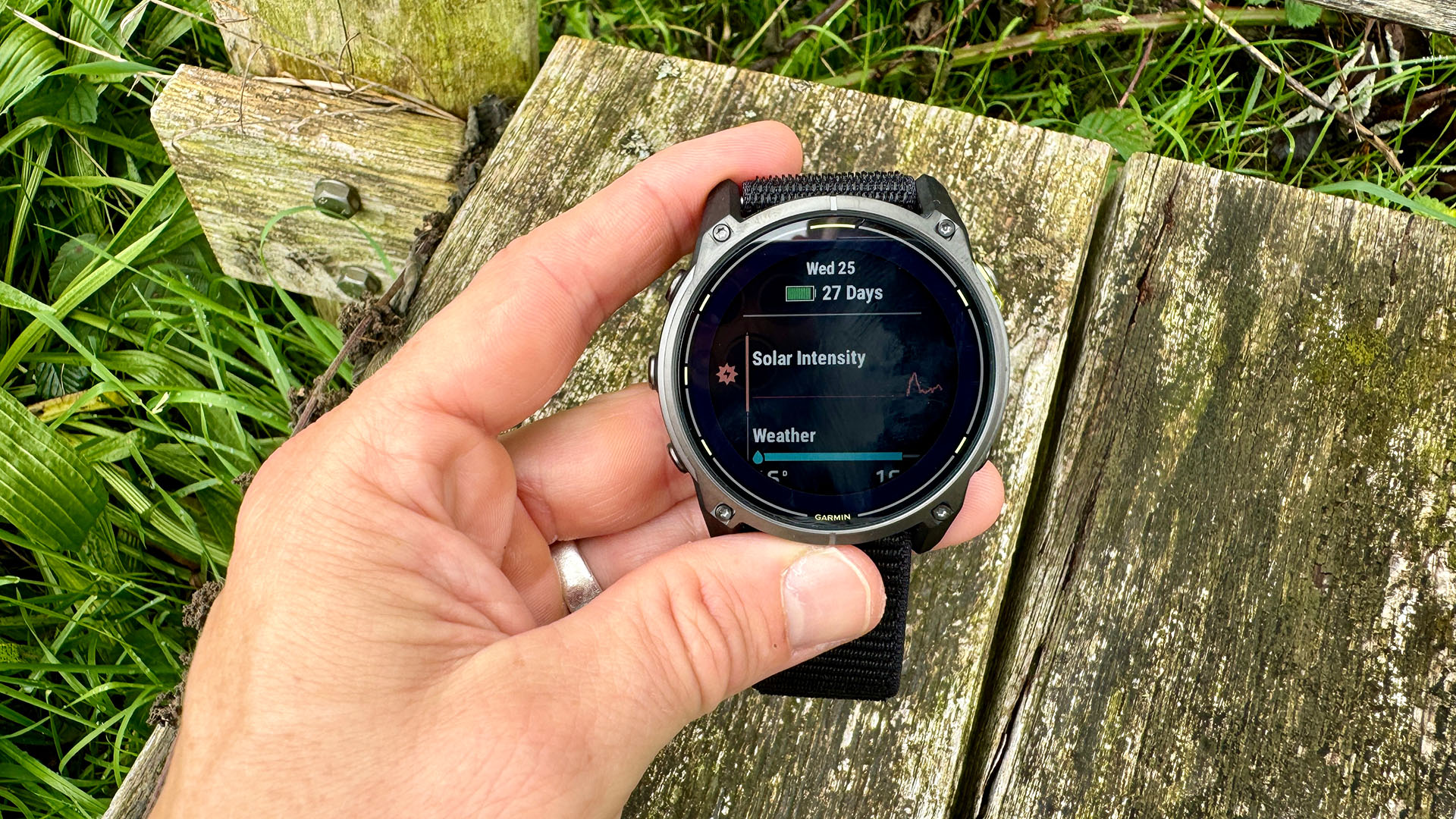 Garmin’s on a mission to update your wrist into oblivion as 100+ tweaks land on Fenix and Enduro watches
Garmin’s on a mission to update your wrist into oblivion as 100+ tweaks land on Fenix and Enduro watchesThe latest beta update looks comprehensive
By Matt Kollat Published
-
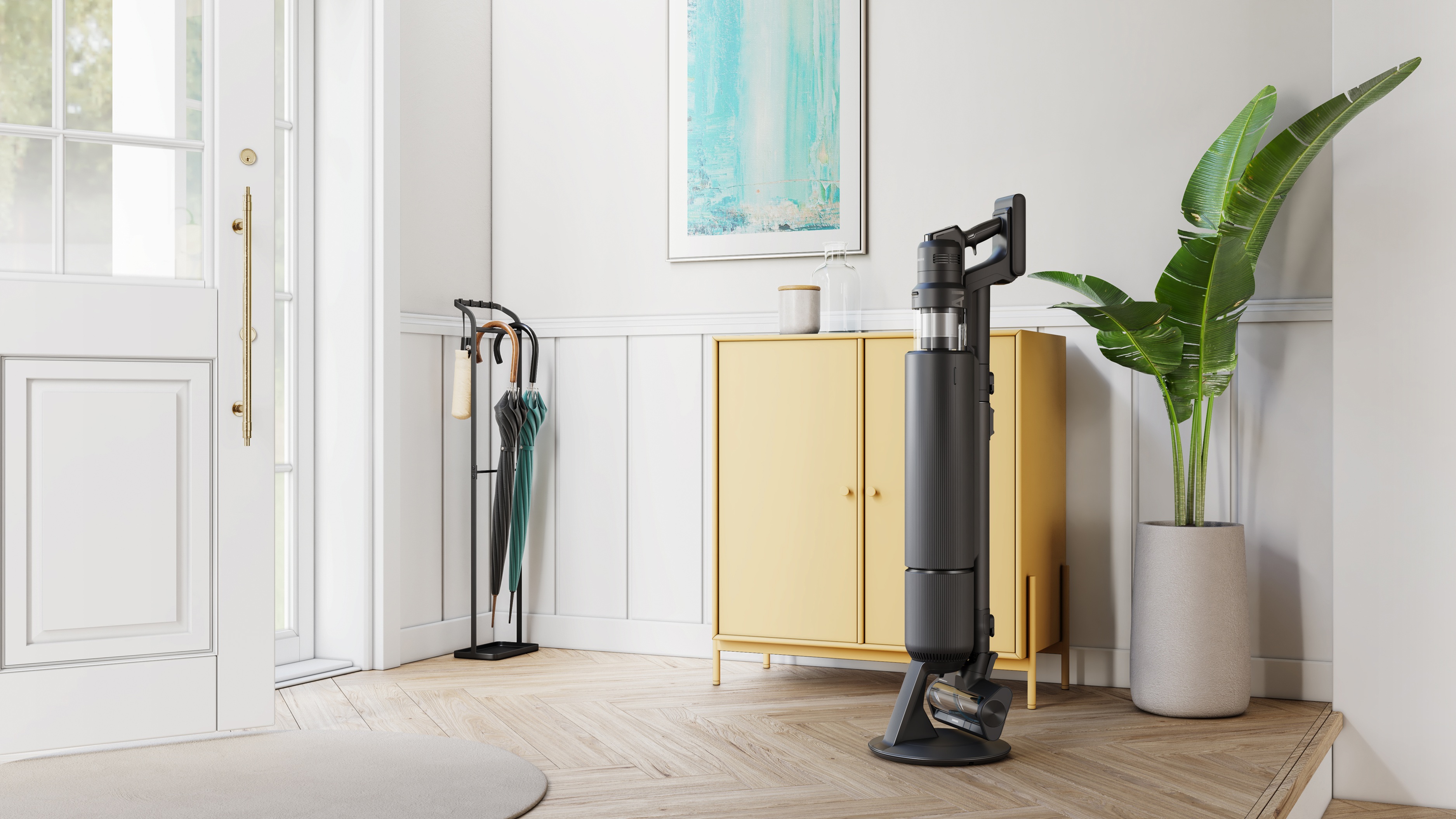 5 reasons you should be excited about the brand new Samsung Bespoke AI Jet Ultra
5 reasons you should be excited about the brand new Samsung Bespoke AI Jet UltraNot sure if it’s obvious... but I can't wait to try it
By Lizzie Wilmot Published
-
 I spent 6 weeks with the FoodMarble Aire 2: here’s what I learned about my gut health
I spent 6 weeks with the FoodMarble Aire 2: here’s what I learned about my gut healthI’ve been testing the clever breath-testing gadget with the companion app over several weeks to find out if it delivers on its promises
By Lee Bell Published
-
 Oil pulling is going viral on TikTok for stopping morning breath – but does it actually work?
Oil pulling is going viral on TikTok for stopping morning breath – but does it actually work?4 hacks that prevent morning breath, according to a sleep expert
By Bethan Girdler-Maslen Published
-
 These limited edition McLaren x Loop earplugs are what you need for Formula 1 season
These limited edition McLaren x Loop earplugs are what you need for Formula 1 seasonMcLaren teams up with Loop on limited edition noise-reducing earplugs
By Bethan Girdler-Maslen Published
-
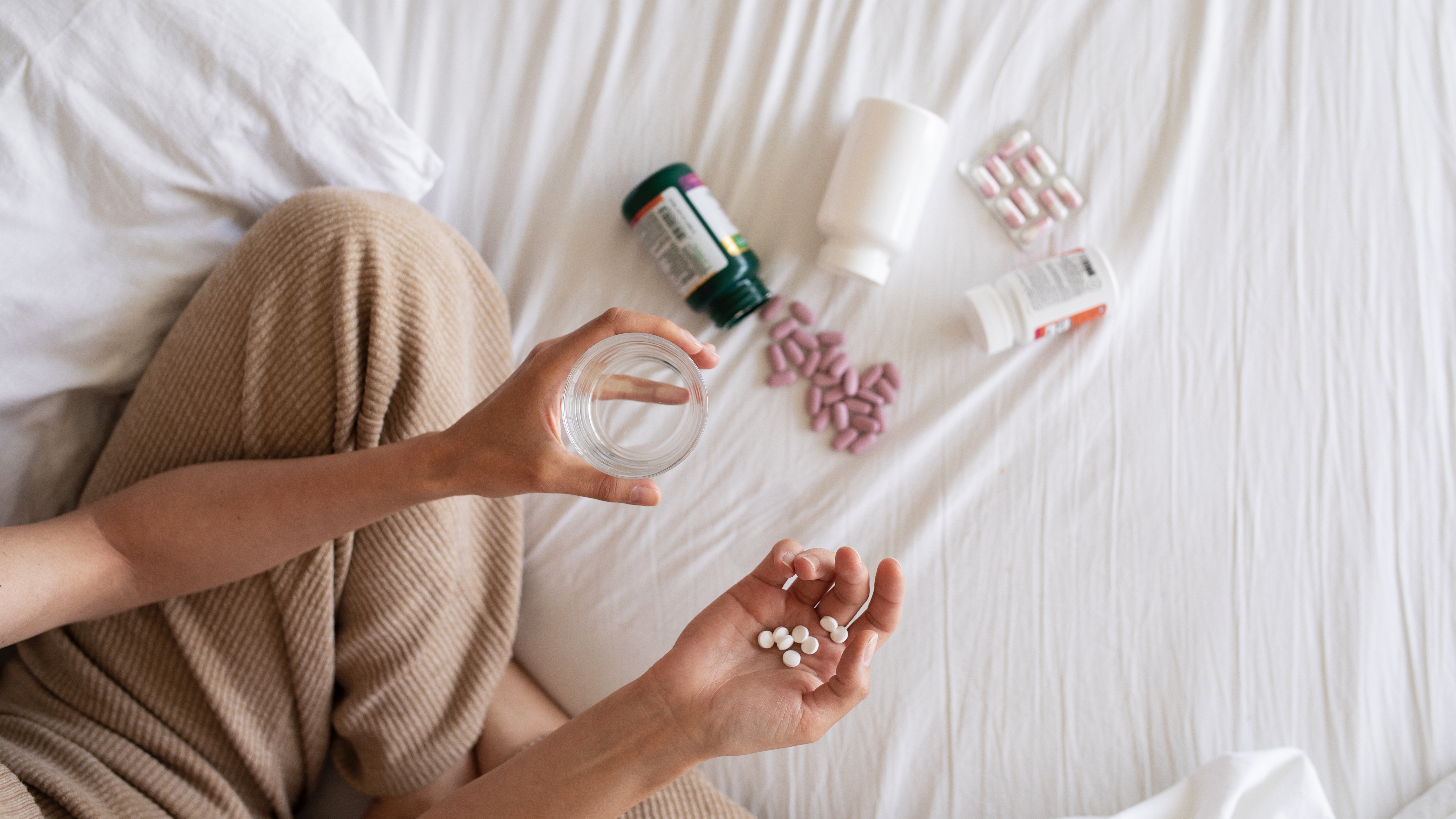 5 sleep supplements that help me achieve 8+ hours of rest every night
5 sleep supplements that help me achieve 8+ hours of rest every nightIt took me years to perfect my sleep routine – here are the supplements that helped
By Lizzie Wilmot Published
-
 3 reasons why you wake up at 3am every night – and how to avoid it
3 reasons why you wake up at 3am every night – and how to avoid itAlways waking up in the middle of the night? This could be why…
By Bethan Girdler-Maslen Published
-
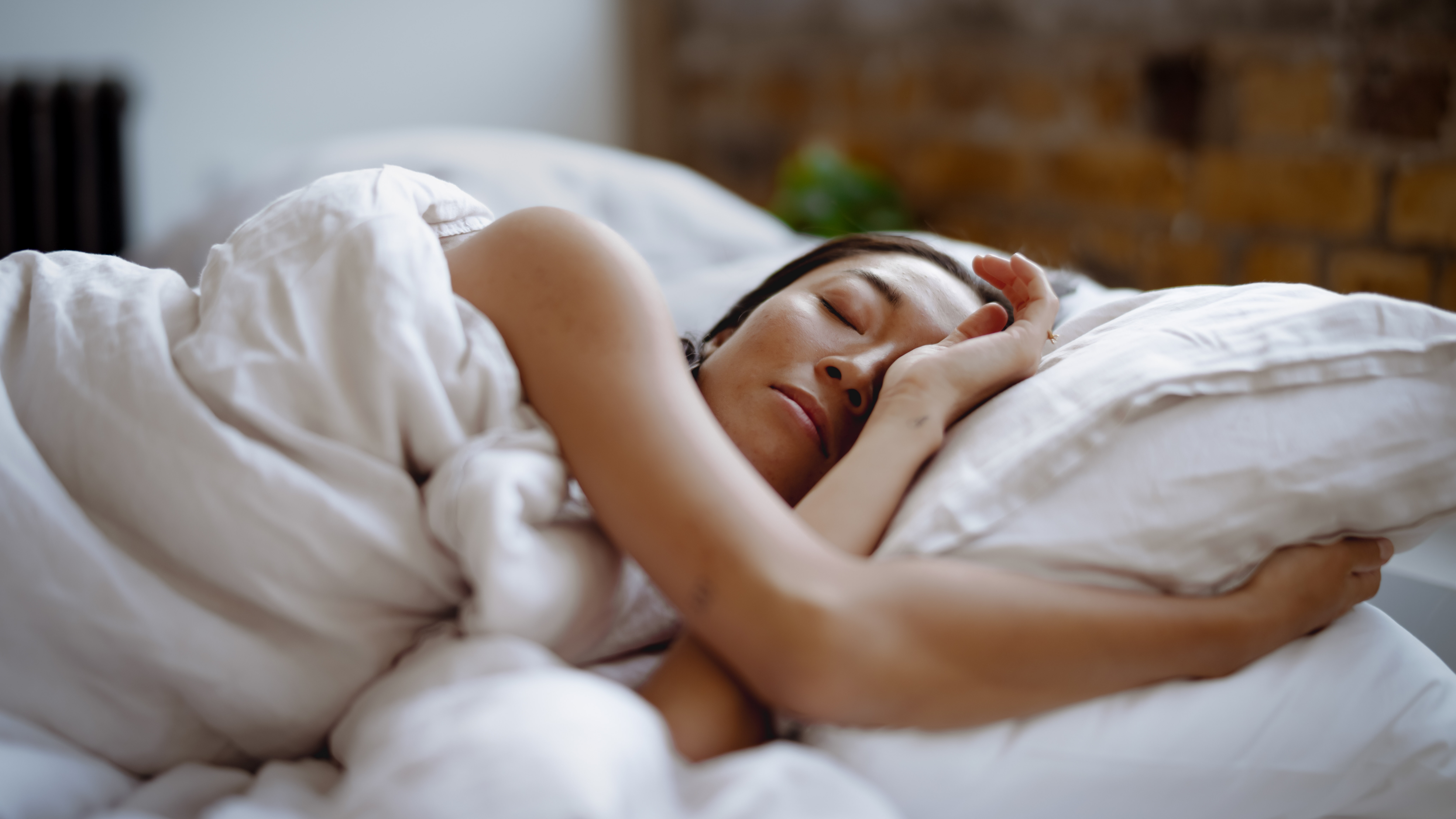 This tiny device will automatically disable your distracting apps before you sleep
This tiny device will automatically disable your distracting apps before you sleepSay hello to Kip...
By Lizzie Wilmot Last updated
-
 Therabody experts give 7 tips for perfecting your sleep routine for World Sleep Day
Therabody experts give 7 tips for perfecting your sleep routine for World Sleep DayFrom breathing exercises to sleep masks, here’s how to prioritise sleep, according to experts
By Bethan Girdler-Maslen Published
-
 Loop Dream review: super soft earplugs to help you snooze soundly, even if you’re a side sleeper
Loop Dream review: super soft earplugs to help you snooze soundly, even if you’re a side sleeperSquishy silicone and uniquely shaped ear tips take Loop’s nighttime earplugs to dreamy heights
By Joanna Ebsworth Published